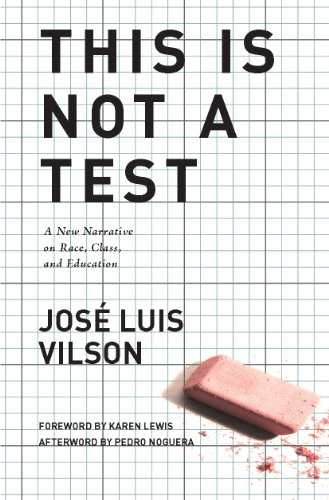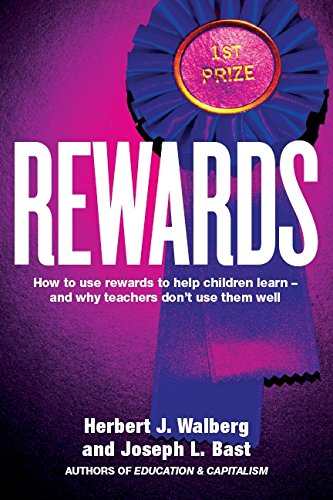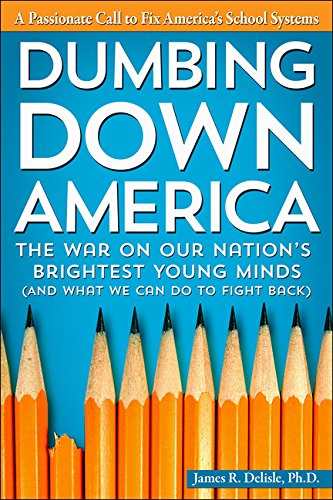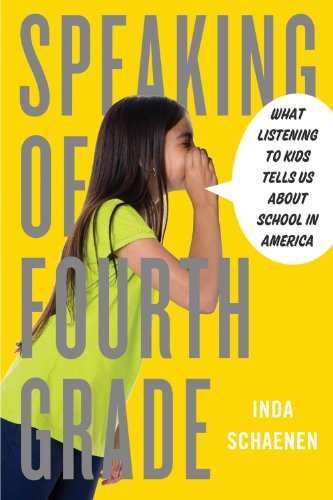Back to School: 4 Books about Education Reform
Back to school means more than just buying supplies like pencils, notebooks, and binders. It also means thinking about the year ahead and all that your child’s education may or may not offer them. Buzzwords like “reform,” “Common Core,” and “social justice” are hitting the news, and teachers and parents have a lot to say about these big topics. These four books discuss education reform in light of the psychological, social, and economic needs of our modern society. Take a look and find some new perspectives on the learning process in our modern world.

This Is Not a Test: A New Narrative on Race, Class, and Education by José Vilson (Haymarket Books)
“If I’ve done the math correctly, out of the fifty or so teachers I’ve had in my lifetime, only two or three of them were men of Black or Latino descent. For someone who was born and raised in New York City, that’s staggering.”
In this book of essays about his personal experience as an educator, José Vilson makes a call for action in the public education system concerning social justice, namely with race and class. Parents and teachers who deal with the challenges of inner-city life will find an ally in Vilson.

Rewards: How to Use Rewards to Help Children Learn—and Why Teachers Don’t Use Them Well by Herbert J. Walberg and Joseph L. Bast (The Heartland Institute)
“Rewards need not be crude ‘carrots and sticks’ but can take the form of feedback and encouragement that make learning a rewarding experience long before the acquisition of a particular piece of knowledge or skill might earn material rewards.”
By providing in-depth psychological research and outlining methods of motivating students, these authors defend the use of incentives in the classroom and explain themselves thoroughly and convincingly. Teachers devoted to the learning process should discover prosperous insight within this book.

Dumbing Down America: The War on Our Nation’s Brightest Young Minds (and What We Can Do to Fight Back) by James R. Delisle (Prufrock Press)
“This quandary that I confronted during my first year of teaching gifted kids is one that still exists today in our field: Do you have to prove you are gifted by completing projects and getting good grades, or is your high intellect and deep insight enough to qualify you as a gifted person?”
Teacher and professor James Delisle asserts that smart kids are languishing in classrooms across the country as they’re being shortchanged by the school system. In his book, he describes how teachers and policymakers can fulfill their mission to allow highly gifted children to live up to their great potential.

Speaking of Fourth Grade: What Listening to Kids Tells Us about School in America by Inda Schaenen (The New Press)
“One student I know was so bored in a middle school math class, he wound up learning pi to the thirty-fifth digit because he spent forty-two minutes every day staring at the number wrapped as decoration around the ceiling molding.”
Asserting that there is something wrong with pedagogy when students aren’t learning, Inda Schaenen calls for a change in perspective about the purpose of education and the alignment of purpose and method. Drawing on interviews with children and quantifying research, she discusses timely topics like standardized testing, science and technology courses, and social development to reveal what’s really going on in classrooms today.
Aimee Jodoin
